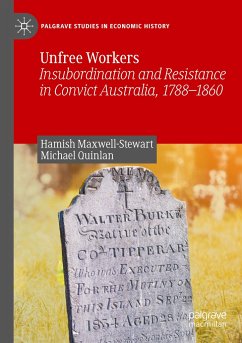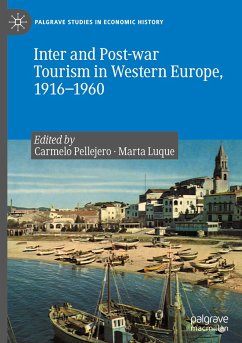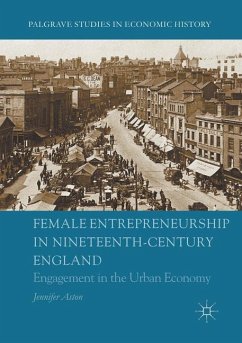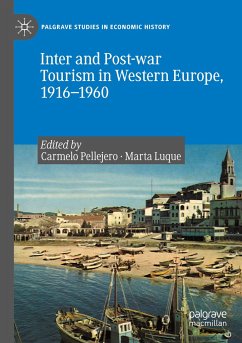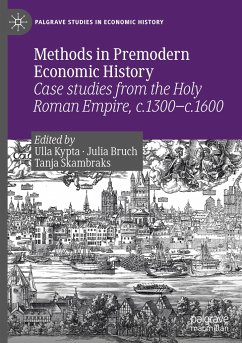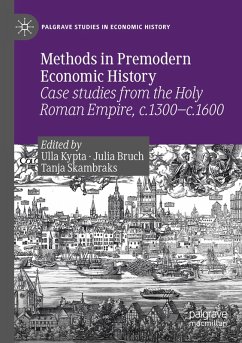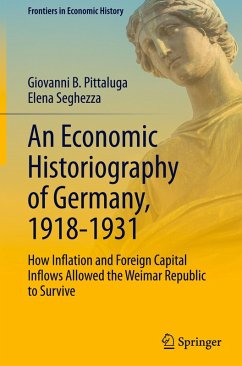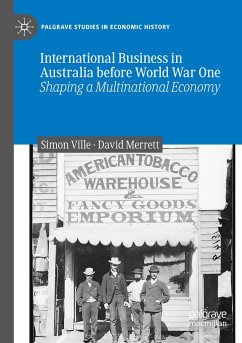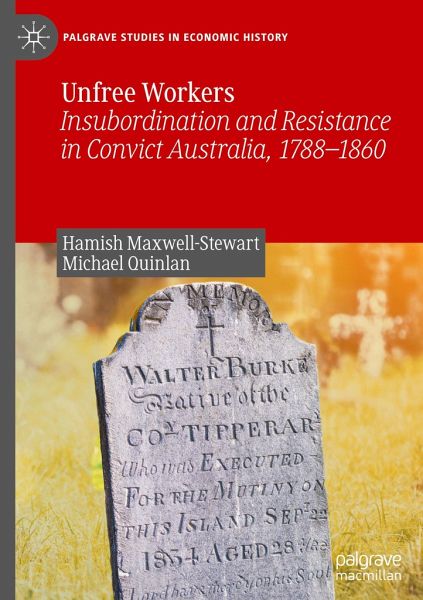
Unfree Workers
Insubordination and Resistance in Convict Australia, 1788-1860
Versandkostenfrei!
Versandfertig in 6-10 Tagen
83,99 €
inkl. MwSt.
Weitere Ausgaben:

PAYBACK Punkte
42 °P sammeln!
This book examines how convicts played a key role in the development of capitalism in Australia and how their active resistance shaped both workplace relations and institutions. It highlights the contribution of convicts to worker mobilization and political descent, forcing a rethink of Australia's foundational story. It is a book that will appeal to an international audience, as well as the many hundreds of thousands of Australians who can trace descent from convicts. It will enable the latter to make sense of the experience of their ancestors, equipping them with the necessary tools to under...
This book examines how convicts played a key role in the development of capitalism in Australia and how their active resistance shaped both workplace relations and institutions. It highlights the contribution of convicts to worker mobilization and political descent, forcing a rethink of Australia's foundational story. It is a book that will appeal to an international audience, as well as the many hundreds of thousands of Australians who can trace descent from convicts. It will enable the latter to make sense of the experience of their ancestors, equipping them with the necessary tools to understand convict and court records. It will also provide a valuable undergraduate and postgraduate teaching tool and reference for those studying unfree labour and worker history, social history, colonization and global migration in a digital age.



